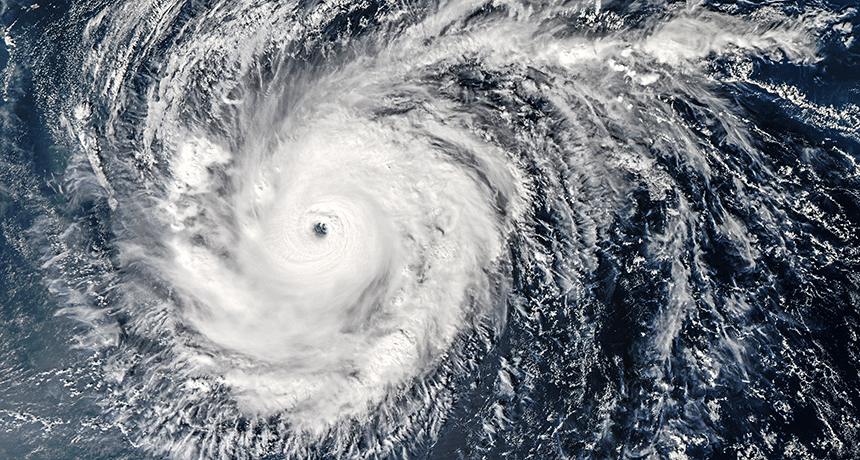earthquake magnitude A measurement of the intensity of the ground-shaking associated with an earthquake. The scale is logarithmic. So for every 1 point increase in magnitude (such as from 3 to 4), there is a 10 fold increase in ground motion (how far the land shakes back and forth) and a roughly 33-fold increase in the amount of energy released.
planet A celestial object that orbits a star, is big enough for gravity to have squashed it into a roundish ball and has cleared other objects out of the way in its orbital neighborhood. To accomplish the third feat, the object must be big enough to have pulled neighboring objects into the planet itself or to have slung them around the planet and off into outer space. Astronomers of the International Astronomical Union (IAU) created this three-part scientific definition of a planet in August 2006 to determine Pluto’s status. Based on that definition, IAU ruled that Pluto did not qualify. The solar system now includes eight planets: Mercury, Venus, Earth, Mars, Jupiter, Saturn, Uranus and Neptune.
pressure Force applied uniformly over a surface, measured as force per unit of area.
sea An ocean (or region that is part of an ocean). Unlike lakes and streams, seawater — or ocean water — is salty.
wave A disturbance or variation that travels through space and matter in a regular, oscillating fashion.
weather Conditions in the atmosphere at a localized place and a particular time. It is usually described in terms of particular features, such as air pressure, humidity, moisture, any precipitation (rain, snow or ice), temperature and wind speed. Weather constitutes the actual conditions that occur at any time and place. It’s different from climate, which is a description of the conditions that tend to occur in some general region during a particular month or season.
weather bomb A type of extreme storm that can pound the ocean floor, sending tremors that can travel huge distances.

